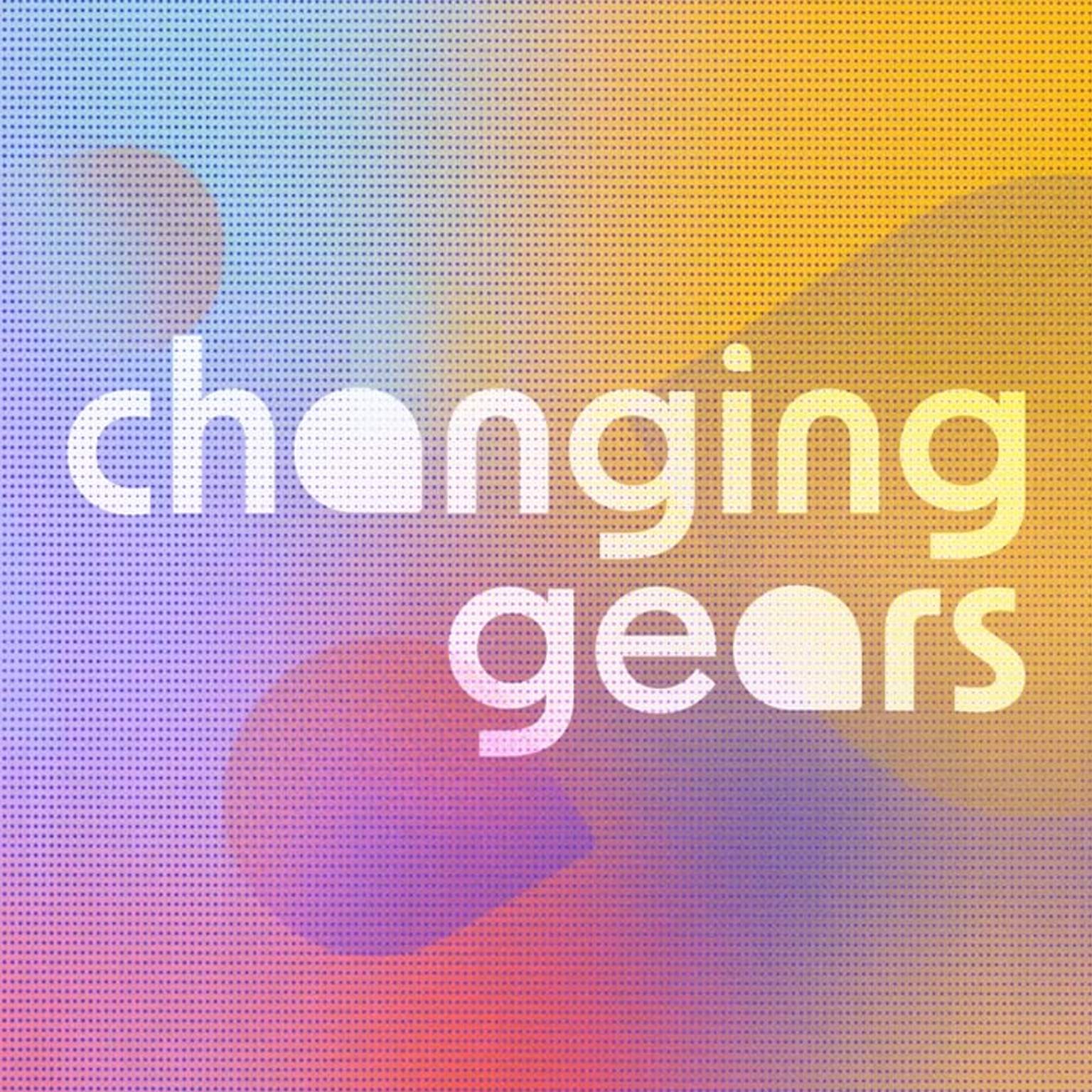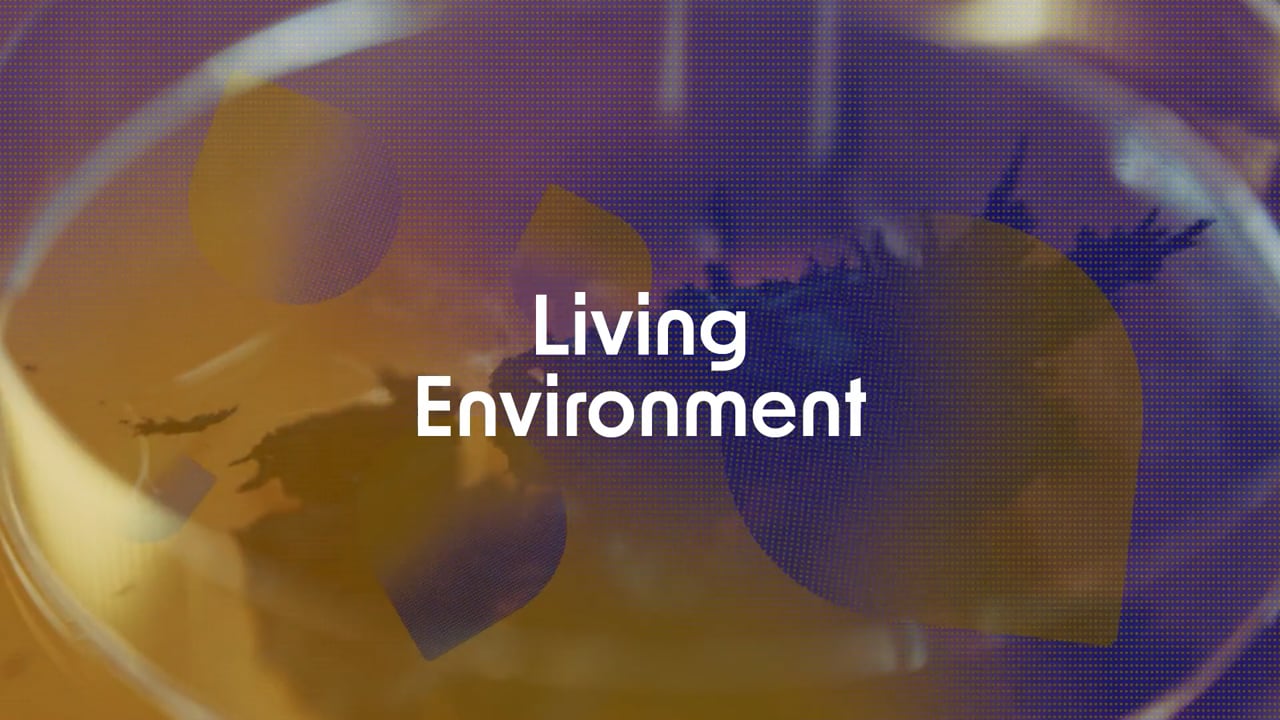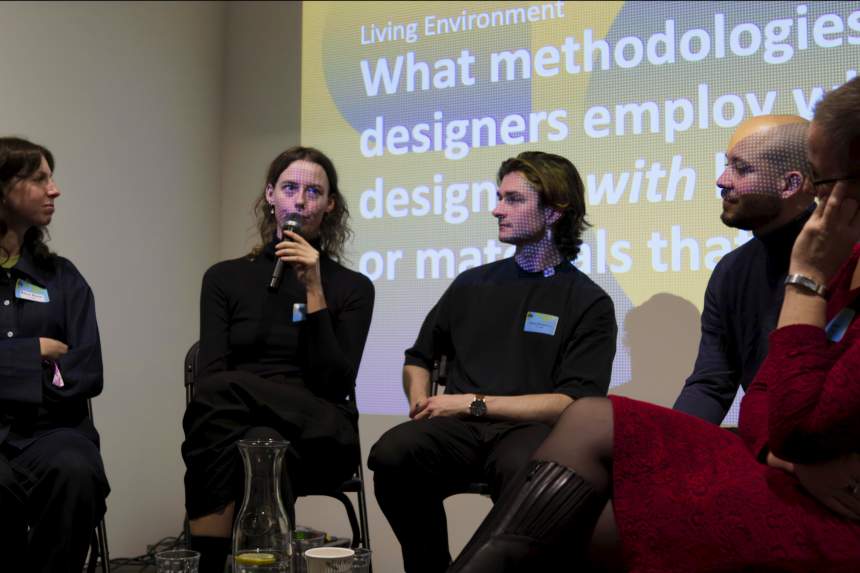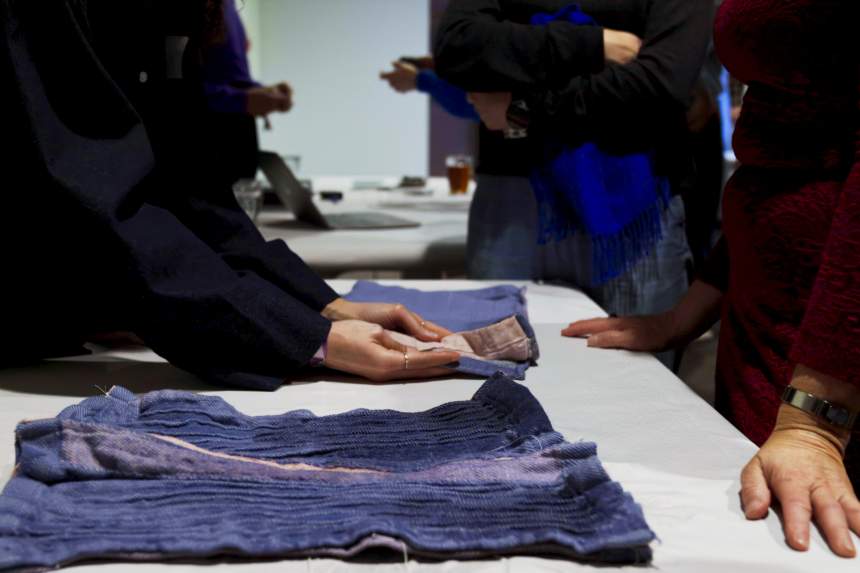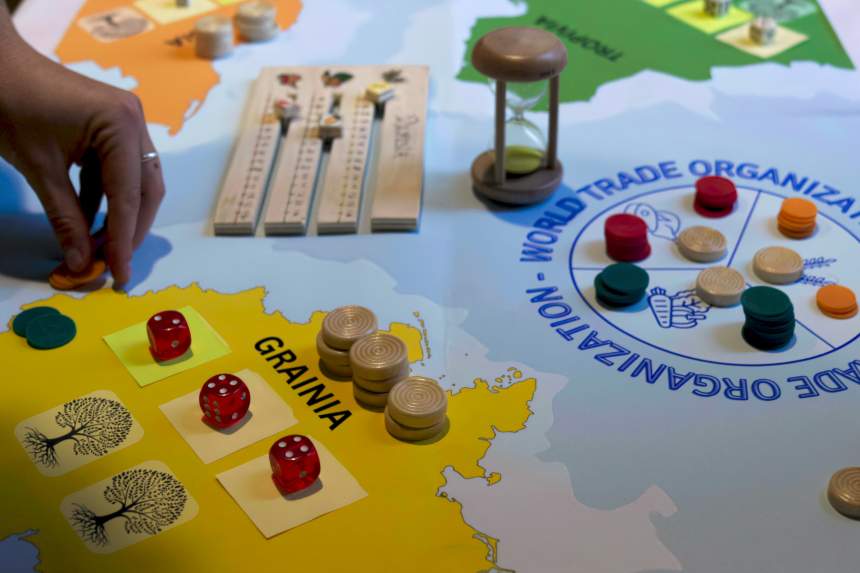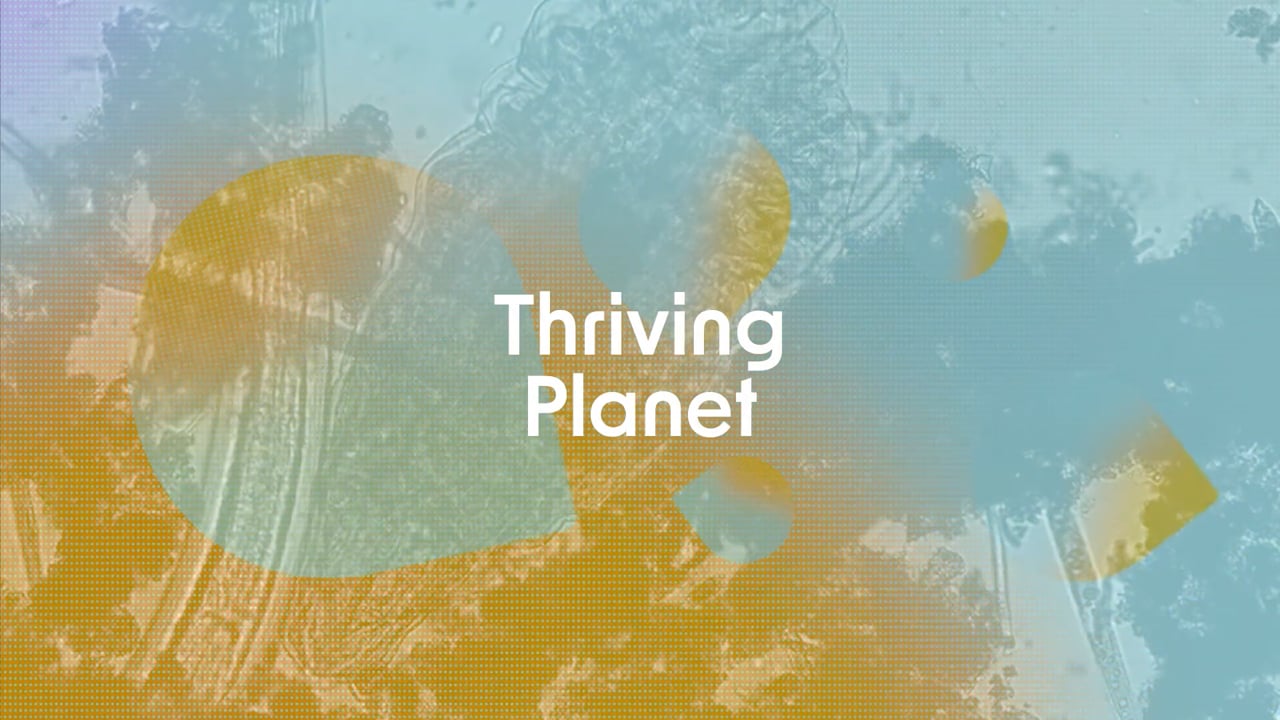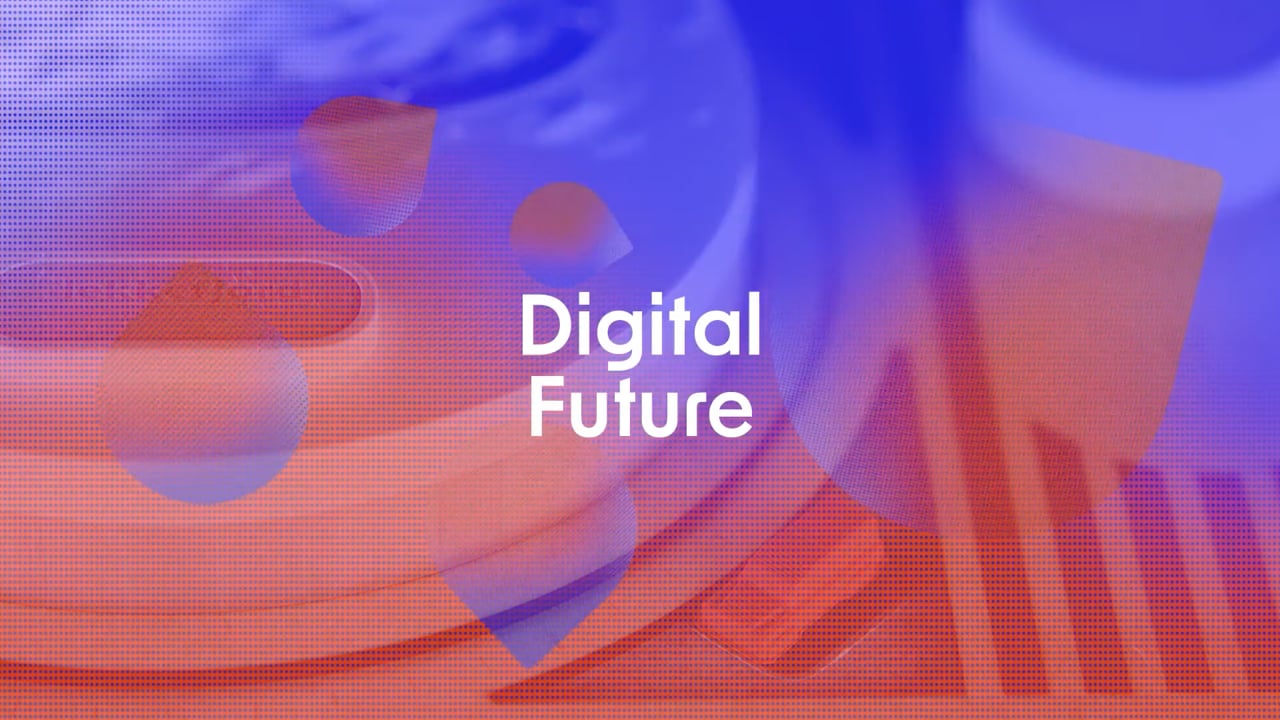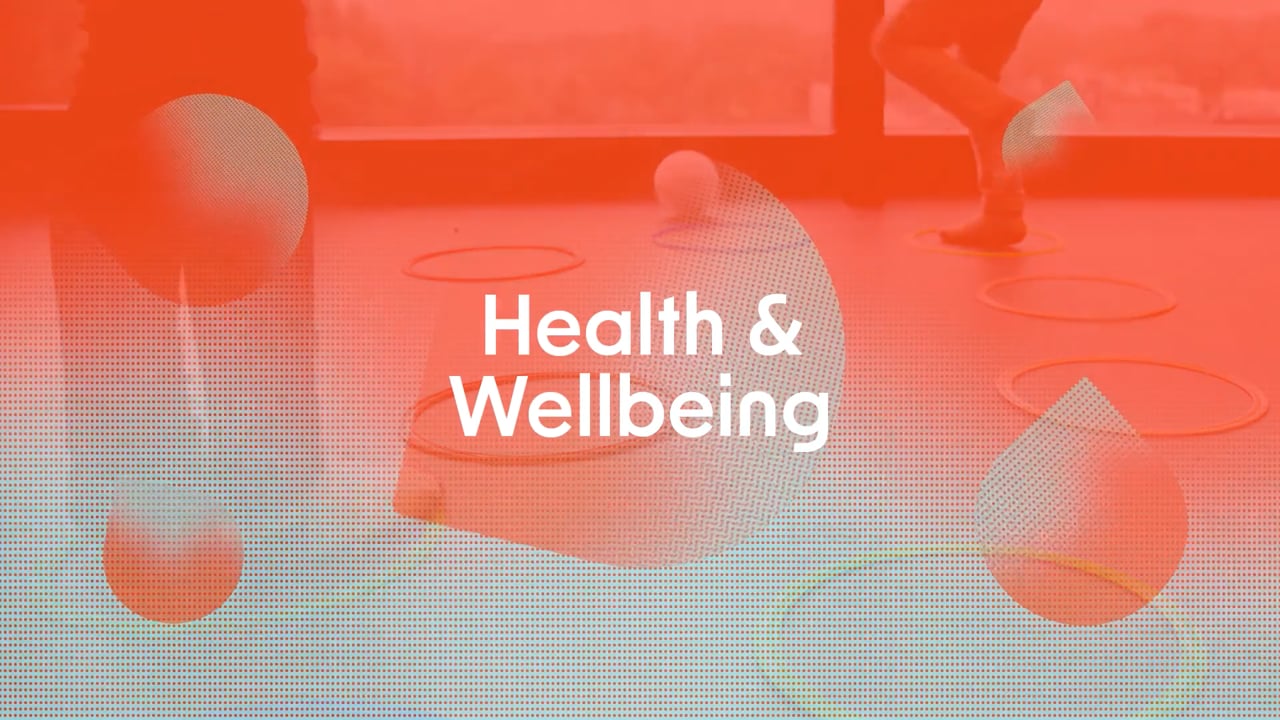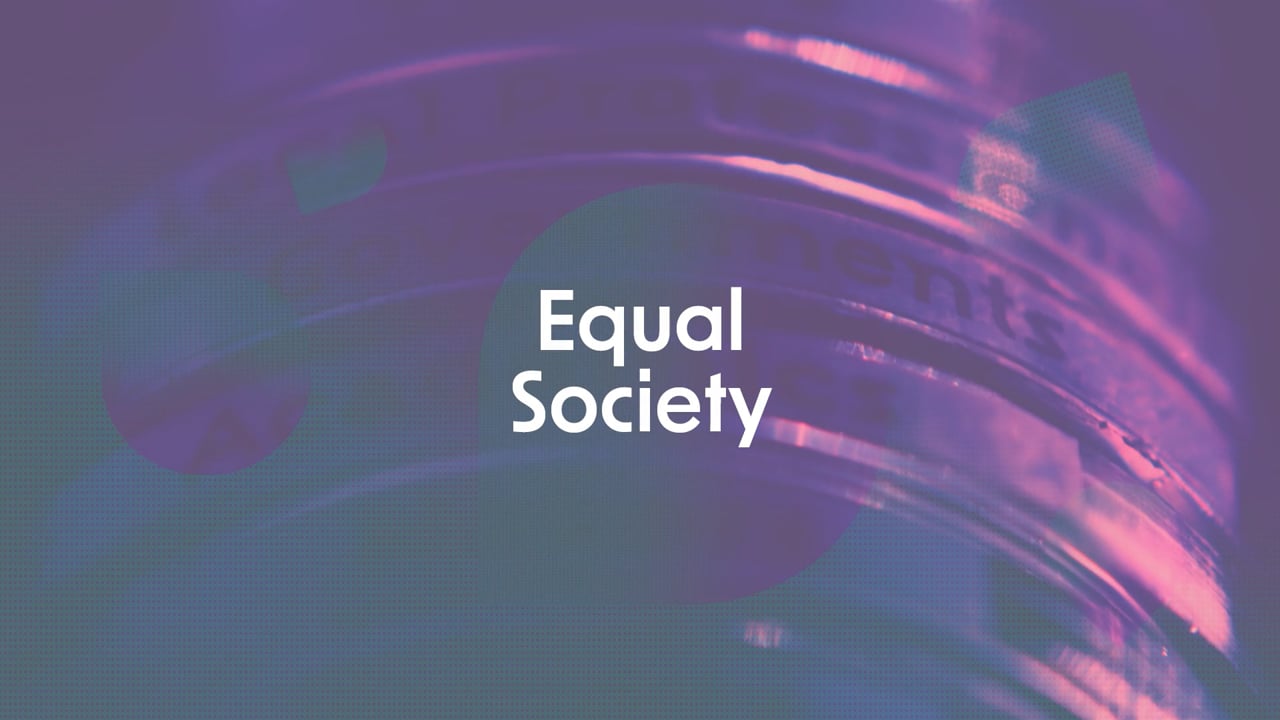Designers shape the environments in which humans and non-humans live, both by giving form to the artifacts that constitute these environments, or by facilitating the process in which environments develop. Through technological developments, the divide between culture and nature has become blurry..
Nature is designed to meet human requirements and artifacts are designed to mimic nature. The theme Living Environments seeks to explore the meaning of livingness in design practice.
Please scroll down for our Design Research Programme Dialogues: Living Environments
Designers shape the environments in which humans and non-humans live, both by giving form to the artifacts that constitute our environments, or by facilitating the process in which environments develop. The divide between culture (what is designed/ created by humans) and nature has become blurry through technological developments. Read more in the Editorial.
Dialogues: Living Environment
Questioning what it means to design with nature or when artifacts or materials feel alive as they try to mimic nature
Natlab 21 October 10:00-13:30
Organised by: Daniëlle Ooms (WUR), Federico Andreotti (WUR), Daniel Saakes (UT), Miguel Bruns (TUE)
Designers shape the environments in which humans and non-humans live, both by giving form to the artifacts that constitute our environments, or by facilitating the process in which environments develop. Through technological developments, the divide between culture (what is designed/ created by humans) and nature has become blurry. Nature is designed to meet human’s requirements and artifacts are designed to mimic nature. Environments thus are both alive because of their nature, or appear alive through the behaviors that are designed into them. The theme Living Environments seeks to explore the meaning of livingness in the practice of design. What does it mean to design with nature? When does an artifact or material feel alive? It covers various topics ranging from shape-changing soft-robots or smart textiles with autonomous behavior, design with bio-based and living material composites, to collaborative community practices shaping the environments humans and non-humans live in.
Programme
- 10:00 Introduction of the theme
- 10:15 Hands-on Interaction
- 11:00 3 Lectures
- New Landscapes? by Sanda Lenzholzer
- Human-AI Co-Performance for Community-based Climate Adaptation, by Timon Adriaansen
- 3D Artefacts in Biofabrication, by Taïssia Visser
- 11:30 Round table connect to KEMs
- 12:15 Wrap-up
- 12:30 Network lunch together with CLICKNL and DDF
The ongoing climate crisis is manifesting in many ways, by rising global temperatures, melting polar ice caps, more frequent and extreme weather events, and the loss of biodiversity, ocean acidification, and deforestation.
To deal with this urgency, we need to shift our human-centric perspective towards a more relational one radically.
How could design remind us that “we” are not an isolated species but connected to all other living beings, environments, and the planet?
In this theme, we explore how design research and practices can foster deeper connections and attunement, encouraging more holistic approaches to nurturing a thriving planet.
Please scroll down for our Design Research Programme Thriving Planet in Natlab
Living in the middle of the pressing climate crisis and resulting climate injustice, we see limitations in the ongoing approaches of design --- human-centered design. In pursuit of short-term local and rapid technological advancement, humans have exploited natural resources, leading to consequences such as rising sea levels, more frequent and severe natural disasters, and the decline of pollinators. Read more in the Editorial.
Dialogues: Thriving Planet
workshop and discussions
Natlab, Tuesday 22 October 10:00-13:30
organised by: Yuta Ikeya, Ege Kökel, Katharine Legun, Oscar Tomico, Dulaj Perera
Introduction
In the Thriving Planet dialogue session, we organize collections of indoor & outdoor activities varying from a sensitizing walk for noticing ecological networks of the living and nonliving, a board game for coping with eco-anxiety, and an interactive installation to learn the ecological impact of using generative AI.
Featured projects:
- “Leaving a Trace”: Explore the possibilities of designing for human and non-human cohabitation. The designer uses the technique of sketching to change the perspective of a human to non-humans sharing a space.
- “Sharing Non-Human Appreciation”: Sharing experiences of nature may encourage people to live more sustainably. The designer crafts a probe to support people in telling their stories of appreciating non-humans.
- “Dear Future”: A meaning-focused game that helps players cope with eco-anxiety through discussing personal values and encouraging positive emotions.
- “Ecology of AI”: This interactive installation visualizes the ecological impact of using generative AI services, translating the digital into the physical.
Note for participants!!! Outdoor activities involve participants walking outdoors and sitting in meadows. Workable clothes and good walking shoes are recommended.
Programme 10:00-12:30
- 09:45-10:00 Walk-in
- 10:00-10:20 Introduction
- 10:20-11:05 Outdoor workshops: Sensitizing to ecology
- “Leaving a Trace” (Youp Ferket)
- “Sharing Non-Human Appreciation” (Luna Snelder)
- 11:05-11:20 Switch/pause
- 11:20-12:05 Workshops: Living in climate crisis
- “Dear Future” (Isa Jorritsma)
- “Ecology of AI” (Lucie Brouwer)
- 12:05-12:30 Discussion
- 12:30 network lunch together with CLICKNL and DDF
The event is fully booked.
The Digital Future, once only promised, is here. But the Digital Future has also a future, one that is constantly shaped and imagined by designers now.
This theme explores the evolution of Digital Future through a selection of diverse and highly interactive artifacts that examines the skills, agencies and concerns that are currently crucial and, even more, will become elemental as the Digital Future evolves.
Please scroll down for our Design Research Programme Digital Future in Natlab
The Digital Future has arrived but continues to evolve, constantly shaped by the imagination and innovation of today’s designers. This theme explores the transformation of the Digital Future through a curated selection of diverse, interactive artifacts. These projects explore the critical skills, human and non-human agencies, and pressing concerns that are shaping our world—elements that are not only vital today but will become even more essential as we move forward into the next phase of the Digital Future. The mini-exhibition and participatory panel discussion blend experiential learning with forward-thinking design, offering a platform for dialogue and exploration. Read more in the Editorial.
Dialogues: Future Digital Futures
Mini-exhibition & Panel discussion
Natlab Eindhoven 23 October 11:30-14:30
organised by: Janet Huang, Eindhoven University of Technology, Jesse Josua Benjamin, Eindhoven University of Technology, Sage Cammers-Goodwin, University of Twente, Davide Parrilli, Delft University of Technology
Introduction to the Programme:
The Digital Future has arrived but continues to evolve, constantly shaped by the imagination and innovation of today’s designers. This theme explores the transformation of the Digital Future through a curated selection of diverse, interactive artifacts. These projects explore the critical skills, human and non-human agencies, and pressing concerns that are shaping our world—elements that are not only vital today but will become even more essential as we move forward into the next phase of the Digital Future. The mini-exhibition and participatory panel discussion blend experiential learning with forward-thinking design, offering a platform for dialogue and exploration.
Programme TImeline 11:30 - 14:30
- 11:30-11:40 Welcome Session and Introduction to mini-exhibition to “Digital Future”
- 11:40-12:30 Interactive Exhibition and Question Gathering (I)
- 12:30-13:30 Network lunch together with CLICKNL and DDF
- 13:30-14:00 Interactive Exhibition and Question Gathering (II)
- 14:00-14:30 Open panel and Closing session
We are fully booked.
Design can support people and societies in creating and sustaining wellbeing. How can design harmonize individuals, communities and larger systems for healthier and more fulfilling lives?
Please scroll down for our Design Research Programme Health & Wellbeing in Natlab
As the world becomes more complex, design presents innovative solutions to enhance mental, social, and physical well-being. We invite you to explore how thoughtful design and new technologies can enhance health and foster people's well-being. This year's projects cover a broad spectrum of topics, highlighting how design can contribute to individual, community, and societal health and well-being. Together, they demonstrate the potential of design to create positive change. Read more in the Editorial.
Dialogues: Designing towards harmony for individuals, communities and systems
Guided meditations, Designer presentations & Dialogues
Natlab Eindhoven, 24 October 10:00-13:30 including network lunch
Organised by: Haian Xue (TU Delft), Naomi van Stralen (UTwente), Svetlana Mironcika (TU/e), Tingting Wang (TU Delft)
Introduction
At this event, people with creative minds can explore, from differing perspectives, how thoughtful design and emerging technologies can enhance health and foster well-being. Participants engage in activities that center the body as the core of human experience, share relevant design and research projects, and discuss the diverse values that shape our understanding of well-being. Through these discussions and interactions, we aim to reveal how design can cultivate harmony at the individual, community, and systemic levels, which ultimately leads to people leading healthier and more fulfilling lives. Whether you are a designer, health professional, community leader, systems thinker, or simply interested in the intersection of these fields, this event provides a unique opportunity to learn, share, and grow in a collaborative environment that celebrates the power of design to create a more harmonious world.
Programme
- 09:45 Walk-in
- 10:00 Welcome and introduction
- 10:10 Bodily Engagement Session
- 10:20 Designer Presentations
- 11:00 Short Break with Refreshments
- 11.10 Parallel Discussions
- 12:10 Insights Sharing
- 12:25 Closing Remarks
- 12:30 Network lunch together with CLICKNL and DDF
We look forward to seeing you there!
The event is fully booked.
During this year’s Dutch Design Week, we will conduct an in-depth exploration into the lived experiences and perspectives of the actual people whom designers create their work for. We look into complex contexts that feature multiple stakeholders with diverging values and interests.
By using storytelling as a situated way to share lived experiences, we investigate the different roles design(ers) can play in supporting more equitable societies. As such, we seek to challenge designer-user power asymmetries and promote inclusiveness.
Please scroll down for our Design Research Programme in Natlab
We welcome our visitors to both the exhibition and the Equity Dialogues live event, inviting them to actively engage with the projects on display. Our projects vary greatly - from live demonstrations to video installations and joining in a moderated panel discussion. Our collection of projects jointly unveils many perspectives on the roles that design can play when moving towards an “Equal Society,” or perhaps better: how design can support more equitable societies. Instead of imagining a single homogenous society where all are equal, we present opportunities for moving towards societies where the needs of both human and nonhuman stakeholders – in all their diversity – are met in harmonious and durable ways. Read more in the Editorial.
The Equity Dialogues: How can design support more equitable societies?
Interactive programme and Panel Discussion
Natlab, Eindhoven, 25 October 10:00-12:30
Organised by: Laurens Kolks, TU Delft, Jairo da Costa, University of Twente, Angeliki Balayannis, Wageningen University & Research
Introduction
On the morning of Friday 25 October at the Equity Dialogues live event, we welcome visitors to actively engage with the different projects* in formats ranging from live demonstrations to video installations to join in a moderated panel discussion. Together, our collection of projects unveils a variety of perspectives on the roles design can play regarding an “Equal Society,” or perhaps even better: how design can support more equitable societies. Instead of imagining a single homogenous society where all are equal, we investigate opportunities for moving towards societies where the needs of human and nonhuman stakeholders– in all their diversity – are met in harmonious and durable ways.
Programme
- 09:45 Walk-in
- 10:00 Welcome and introduction to the interactive program
- 10.15 Live project demonstrations and interactive video installation
- 10.45 Live moderated panel discussion
- 12.00 Live project demonstrations and interactive video installation
- 12:30 Wrap up and network lunch together with CLICKNL and Dutch Design Foundation
The event is fully booked.
*In A Growing Community Space, Yaro Berendsen examines the potential of urban agriculture to address social inequities and enhance community well-being in Milton, a deprived neighbourhood in Glasgow. In Rethinking Youth Participation in Policymaking, Susanna Osinga explores how to empower Rotterdam's youth so they feel recognized, in control, and ready to engage in local politics. Gijs van Leeuwen and Abhigyan Singh's project Voicing The Underrepresented Voices of Bijlmer’s Energy Transition discloses the tensions that emerge in relation to a local energy transition in Amsterdam South-East.
Building on design justice and feminist design, Remke Timmermans’ A Place Worth Living In examines how residents of Dutch asylum reception centres can be meaningfully engaged in co-designing the futures of these institutions. In Embodied Fitting of Workwear For Safety, Comfort and Inclusion, Svetlana Mironcika explores how workwear garment personalization can safeguard people with diverse body shapes. Marcello Persico, Marlieke Roest, Marlinde de Jonge, Michael Hobson and Nuria Bouhdid co-designed Easy-Up, a product that helps young children support their pregnant mother’s physical mobility and independence.
With the European Disability Act being introduced, what are paths to address it and contribute to an equal society? TU Delft's Inclusive Design Lab presents several learnings from their past five years of research into preferable paths that can contribute to more equal societies in The Inclusive Design Experience - Misgivings and Paths. Bibiana Duarte-Abadía, Leontien Cremers and Daniele Tubino de Souza of the Moving Rivers initiative produced “Following the Voice of the People”. A film that amplifies the voices of river activists in Ecuador, Colombia, and India, that tell us how to live and coexist with rivers.




